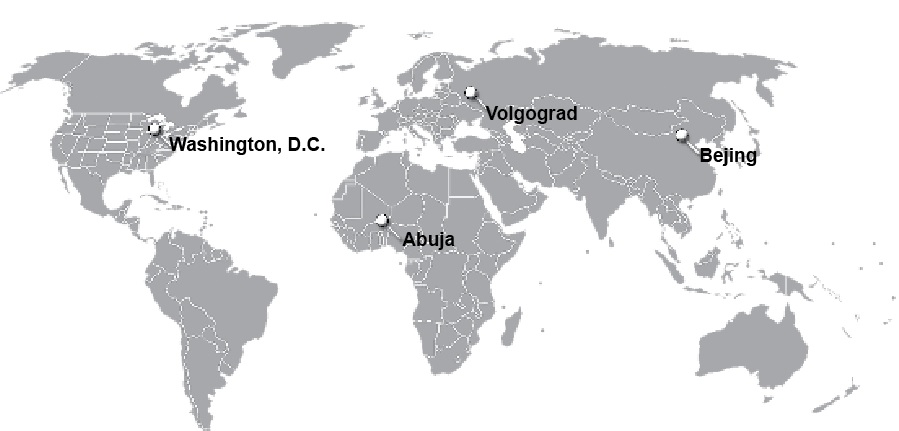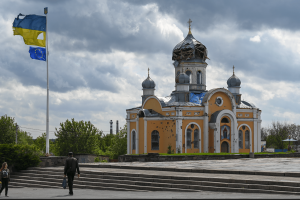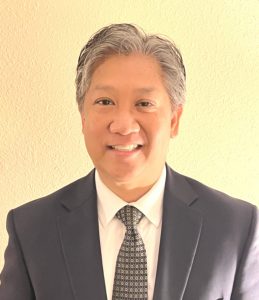Abuja—Nigerian President Goodluck Jonathan passed the Same Sex Marriage Prohibition Act on January 7 making any association with gay organizations, clubs or involvement in a homosexual relationship punishable by imprisonment.While the president’s spokesman Reuben Abati remarked that “Nigerians are pleased with it,” many citizens are referring to the legislation as the “Jail the Gays” law. Dozens have reportedly been arrested under this new law, whose passing was shrouded in secrecy, and allegations of torture have already surfaced. The UN is calling the law a violation of basic human rights in Africa’s most populous country.
Volgograd—On January 15, a shootout between Russian security forces and Islamist militants left seven dead during a sweep for the militants who have threatened attacks at the Winter Olympics at Sochi in February. The incident comes at a precarious time when Russia is already in a critical state with the world’s eyes fixed on a nation surrounded by political and social turmoil. Russian President Vladimir Putin has stepped up security, particularly in areas of the country soon to be inundated by athletes and tourists, with increased presence of personnel and broader powers of oversight on the internet.
Beijing—The air quality of China’s capital city has long been a concern for both residents and travelers, but as of late, there is additional concern: the levels of air pollution in the city recently spiked. The World Health Organization recommends a limit of 25 micrograms per cubic feet of air with particulates smaller than 2.5 microns. The city recorded a recent high of 886 micrograms, more than 35 times the recommended amount. Hospitals in Beijing and pediatric units in particular are seeing record numbers of patients with bronchitis, asthma, pneumonia and other such respiratory illness. One study estimates that in 2010 alone, air pollution in the country contributed to an estimated 1.2 million premature deaths.
Washington, D.C.—The Air Force says 34 nuclear missile launch officers, ranging from 2nd lieutenants to captains, were involved in a cheating scandal this month over a routine proficiency test. Those involved reportedly texted each other answers on how to operate missiles. To add insult to injury, the scandal was uncovered during an investigation on drug allegations involving six Air Force bases in the United States and England. The officers involved in the incident have all been stripped of their security clearances and certification. The scandal comes less than a year after 17 officers in charge of nuclear missiles at Minot Air Force Base in North Dakota lost their authority to launch missiles when they received a “D” rating on inspection.











Be First to Comment